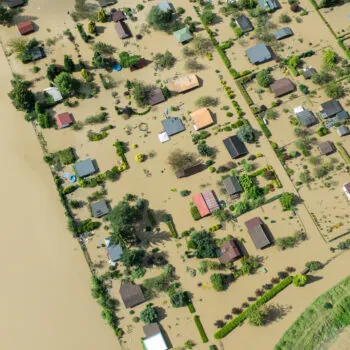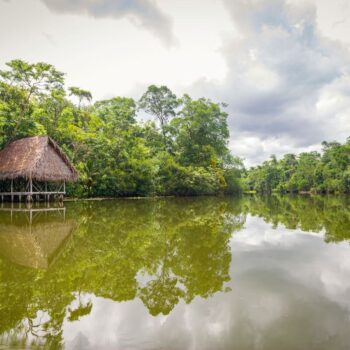Following the publication of Jonathon Porritt’s book ‘Capitalism as if the world matters’ and his associated Open Democracy article“As if the world matters”: reconciling sustainable development and capitalism, E3G Founding Directors John Ashton and Tom Burke contributed articles to the Open Democracy debate in response.
John Ashton’s article follows here below. Tom Burke’s article is published here.
Three identity battles
John Ashton
The belated acknowledgement by the environmental movement of the role of markets and private capital in the transition to sustainable development is the least of our worries.
The battle over ownership of the means of production ended with the cold war. There is no coherent challenge to the mixed economy, based on freedom of choice regulated by the rule of law, as a means of aligning private interests and the public good.
The transition to sustainable development will turn on the outcome not of yesterday’s struggles but today’s. The frontline has moved, from the economy to a bigger question: the question of who we are and how we can construct a meaningful sense of identity in relation to each other and the environment, and in a globalising world where our ability to achieve the outcomes we want will depend on whether we can come to terms with the consequences of interdependence on an unprecedented scale.
Three battles of identity are now in progress. Environmentalists should pay them close attention.
The first is the battle between exceptionalism and universalism (see Fred Halliday on “The crisis of universalism: America and radical Islam after 9/11”, September 2004). Jonathon Porritt is right to enlist Thomas Jefferson to the cause of sustainable development. Nobody will live the lives to which they aspire in a world of 9 billion people unless the ecological foundations for security and prosperity remain intact. In the face of this challenge, we truly are all equal. We must learn to define ourselves by what we have in common with each other, not by what divides us.
Secondly, there is the battle between faith and reason for control of the temporal realm. Fundamentalism is on the march, subjugating reality to myth, science to dogma. Sustainable development requires an empirical understanding of the link between the choices we make and the real-world outcomes to which they lead. Only science can tell us how natural systems work, how the economy depends on them, the effect upon them of our actions, and what we must do to maintain their integrity.
Thirdly, there is the battle for the globalisation of responsibility. Sustainable development makes us accountable for the social and environmental consequences of our actions. Globalisation means that those consequences are as likely to be felt on the other side of the world as across the road. As Tom Burke says, if we want to continue enjoying the fruits of globalised opportunity, we must invest in the environmental and social conditions on which it depends. We must globalise responsibility.
To achieve sustainable development is the biggest challenge humanity has ever faced. No political party anywhere is offering a way across this threshold. The real failure of the environmental movement has been its inability to convert the path to sustainable development into a set of political choices compelling enough to mobilise people and resources on the scale and with the urgency necessary for the task.
Smarter capitalism will certainly be part of the journey. But as a political banner, its power to inspire is questionable. The manifesto we need is yet to be written, but when it is, it will tell us who we can be – who we need to become – not merely as homo economicus but as homo sapiens.



